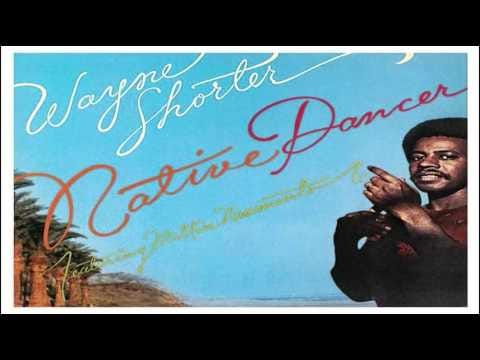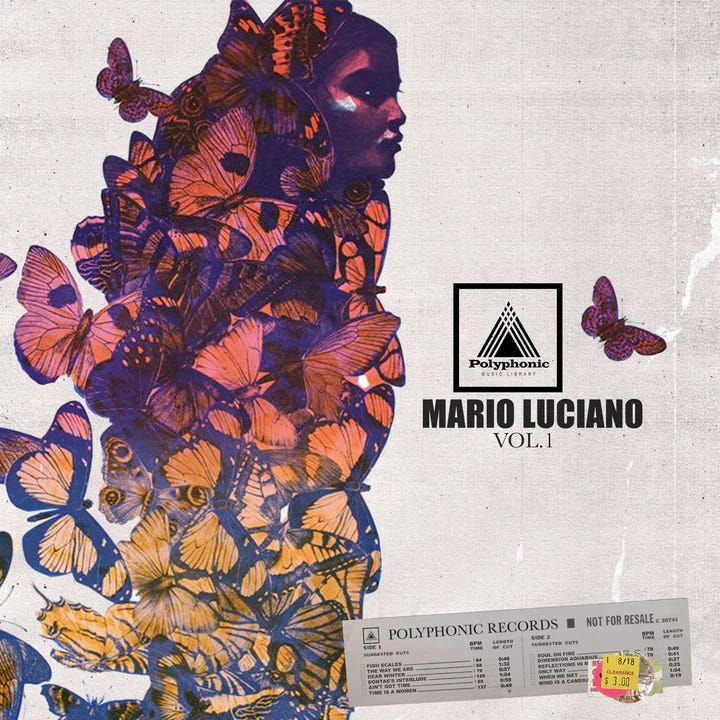Songs Without Words From an Unlikely Source
Shades of Mauve and a blurring of the line between art and utility
Here’s an idea about music that’s overdue for a return: Songs Without Words.
Talking about pieces with genuine melodies, like this eternal one from Milton Nascimento, that communicate in songlike ways but don’t revolve around lyrics.
There’s a long history of these – the composer Felix Mendelssohn is credited with developing and championing the idea through a series of often rhapsodic pieces for piano. Here’s one:
These Lieder ohne Worte were composed between the late 1820s through the 1840s, and have been recorded, as a set or as individual pieces, by countless pianists. A Library of Congress article about the series explains that “While generations of musicians have sought in vain for a programmatic context for these works -- i.e., for the words of these wordless compositions, an understandable confusion fostered by the series title itself -- Mendelssohn insisted that the communicative power of music needed no text to convey its meaning, the inherent lyricism of these works being sufficient to allow them to stand on their own merits.”
In 2024, the notion of “inherent lyricism” seems elusive, rare, exotic. Is that because all the good melodies have all been written? Or because ours is an age of performance enhancement in which melodies – simple or otherwise – are not stated plainly, but rather rendered in the rococo flourishes of planet Melisma? It should be said that this approach goes beyond genre: An astonishing number of singers rely on these ad-lib devices, which seem intended to underscore an emotion or bring excitement. Maybe they do that, maybe not. What they absolutely do is blur the shapes and outlines of the melodies themselves.
Confession: I was bracing for precisely this kind of gyrational excess when I first pressed play on Shades of Mauve, the most recent installment in the Madlib Invazion Music Library Series. It features vocalist Lauren Santi and keyboardist/producer Mario Luciano, whose resume includes work with Drake, Kendrick Lamar and J. Cole as well as a number of sample-library collections under his Polyphonic Music Library label.
Shades of Mauve will likely be dismissed as sampler fodder or tagged as “ambient” – it’s a study in atmospheric coolness and slowly mutating texture, anchored by cannily and carefully detuned keyboards or electric guitar. Santi’s poised vocals rise from the middle of the mix, as though played on a synth, and at first they register as pleasant breathy tones that can almost be dismissed as part of the decorative fabric. After a few repeat plays of rubato pieces like “Inner Search,” that impression changed for me. It became clear that Santi’s restrained two-and-three note phrases are coy subterranean melodies that evolve slowly over time and are occasionally restated by horns or keys. While these initially seem threadbare compared to a declaration like, oh, Taylor Swift’s “Cruel Summer,” Santi’s secret weapon is austerity: She trusts the impression she can make with just the contour of the theme. She leaves it alone, lets it drift across the soundscape like fog moving across a pond. The absence of embellishment becomes its own enchantment. It dares the ear to be witness to a small thing, to focus on a single line. Or breath.
Like the other titles in the Madlib Invazion Music Library series – and, no coincidence, Luciano’s similar Polyphonic Music Library imprint – Shades of Mauve has two target audiences: Sonic adventurers seeking contemplative atmospheric works like Andre 3000’s New Blue Sun, and those looking to license music for film, commercial endeavors or as material for sampling. The Madlib series, curated by the legendary producer Madlib and his manager Egon, includes J.J.Whitefield’s strikingly unified Ethio Meditations/Drama Al Dente; among those on the runway is a project led by legendary Detroit drummer Karriem Riggins. (Luciano’s label offers more conventional “sample packs” of vocal and instrumental material designed for repurposing.)
The convergence of these two lanes of music activity is not surprising, given the ongoing challenges faced by musicians and composers that fall under the general category “Getting Paid.” What is surprising: That in the course of answering a common commercial demand of the music business, these producers, and DJs, and singers like Santi have arrived at works of sly and disarming lyricism – songs without words that gently nudge listeners to rethink entrenched ideas about melody. As the Madlib Invazion Bandcamp page says: “You can also enjoy these albums in the way that many do with the best of the best vintage library catalogs – listen, ponder, repeat.”






Whoops -- a kind reader just reminded me that in fact Ponta de Areia does indeed have a verse & a chorus with words. There are other versions that are wordless but not the one linked here. I look forward to the day when the likes of ChaT GPT can flag these types of all too human errors.
Thanks for the tip - hadn't heard about this! Also psyched for more Riggins - loved his album Alone Together and the Jahari Massamba Unit stuff, also with Madlib.